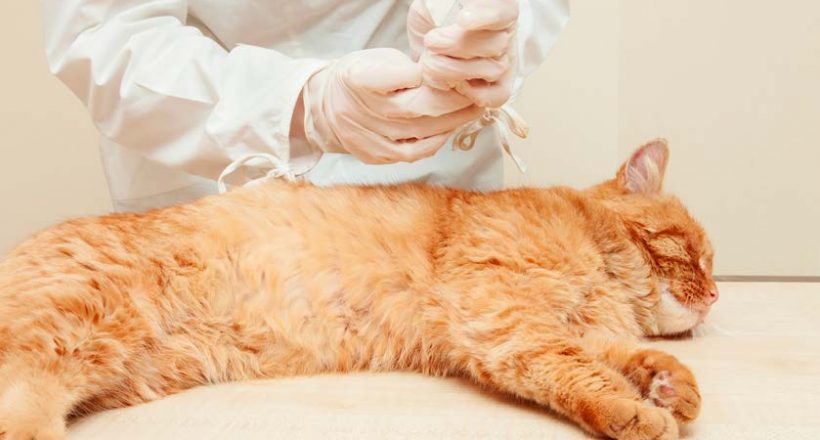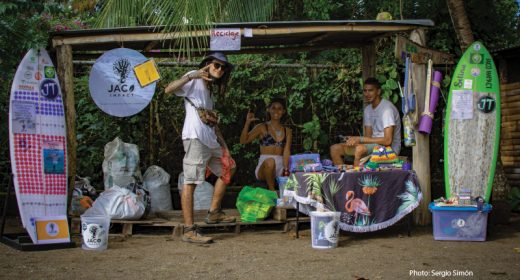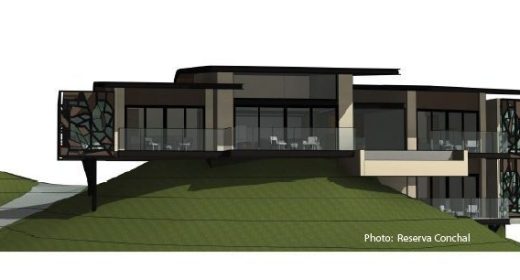
Pet Care – Blood Transfusions
- APR 02, 2018Warning: count(): Parameter must be an array or an object that implements Countable in /home/howlermag/public_html/old/wp-content/themes/new-paper/includes/general.php on line 193

Your Lead Paragrpah goes here
There are many situations in veterinary medicine when a blood transfusion might be helpful in patients with severe anemia, low platelets (very common in tick fever), acute bleeding (related to trauma, surgery or coagulopathy), intoxication or congenital blood disease.
The veterinarian must first determine which specific product is required, such as complete blood, red blood cells, blood plasma or blood plasma rich in platelets.
Next, we have to perform a basic blood type test on our patient, just to avoid adverse reactions. It’s important to know your pet’s blood type and not wait for the day there is an emergency.
There are six to eight canine blood types, identified as DEA (dog erythrocyte antigen), followed by a number. The blood type DEA1 is more likely to cause adverse reactions, and can be determined at our hospital.
Cats have three blood types: A, B and AB, with type A being the most common. Felines have antibodies against the blood type they do not have, whereas dogs do not. That’s why cats might suffer an adverse reaction to a non-tested blood transfusion the first time, but dogs do not.
The blood transfusion can be performed directly from a donor animal, or from a bag if the veterinary hospital has its own blood bank, as in our case. Donor and recipient blood samples are tested for compatibility as a precaution against rejection.
Blood transfusions must be conducted in a veterinary hospital by professionals offering assistance to the patient during the process. The blood being transfused must be at body temperature.
Transfusions last about four hours, regardless of the blood volume required. The patient’s temperature, heart rate, pulse, mucous membranes and other parameters are checked constantly for the entire duration. The first 30 minutes are the most important for vigilance to adverse reactions.
Once the procedure is finished, a complete blood work test is run to demonstrate efficacy of the transfusion.
Cavallini Veterinary Hospital belongs to the Blood Banks Network for Costa Rica from Veterinaria Machado. We offer blood type tests, compatibility blood tests and blood bag transfusions to pets in Guanacaste, meeting the needs of both our own patients and those of other veterinarians too.









